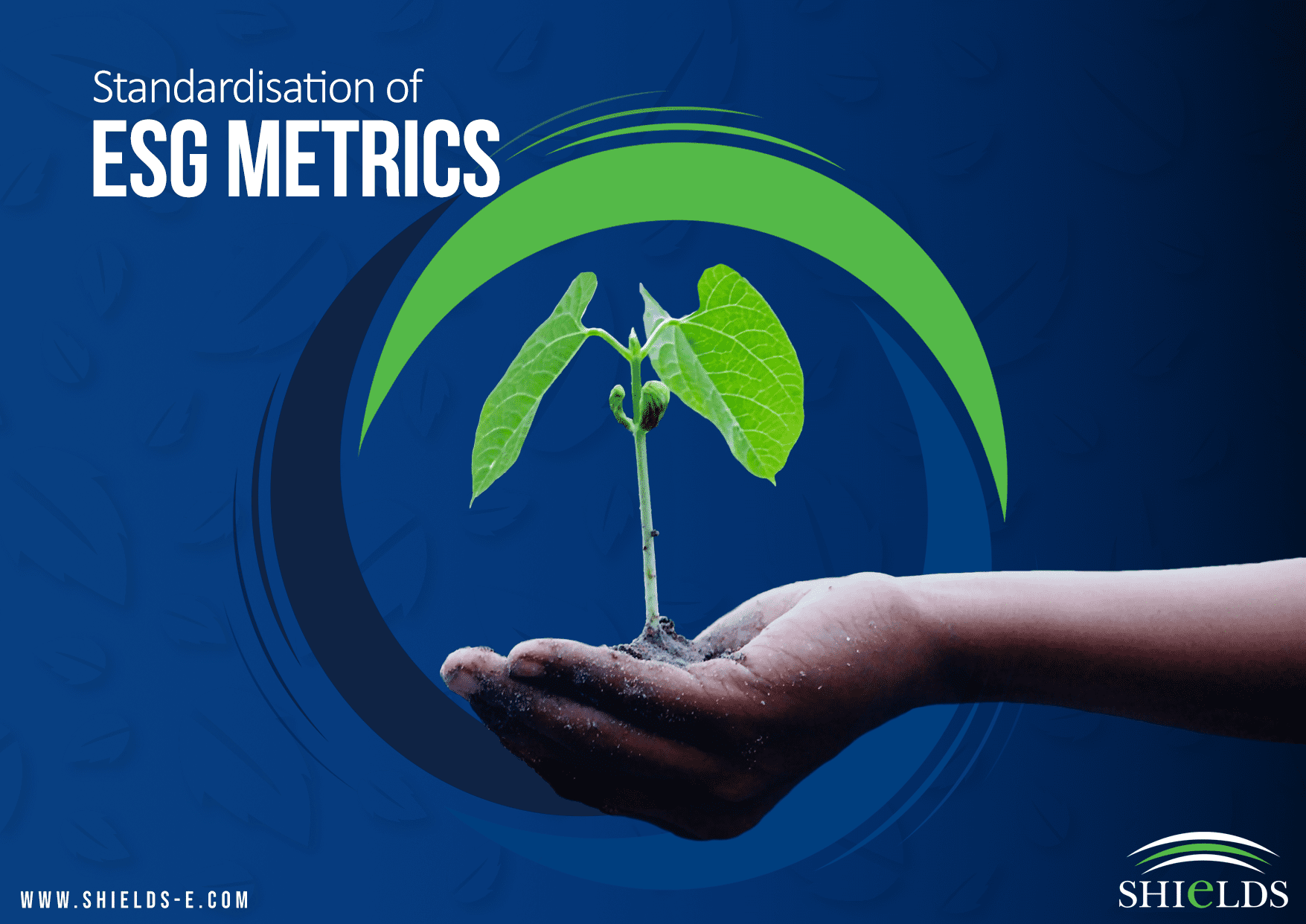Effective Environmental, Social and Governance (ESG) reporting is essential to measuring your NetZero targets. But how will the upcoming standardisation of ESG metrics help and how does it impact network operators?
Environmental, social and governance (ESG) have become increasingly important for businesses across the sectors, with investors, employees and customers taking a keen interest in the impact brands have on the wider world. This is also true for companies within the telecommunication industry, which means it is essential that network operators can communicate their sustainability and ESG strategies and progress to key stakeholders with the support of standardised ESG metrics.
Previously ESG reporting has been a complicated process, with the GSMA describing it as “complex, fragmented and not necessarily aligned to the impact of the industry” and “cumbersome and labour-intensive”. This has led to a move towards the standardisation of ESG metrics to help mobile telecommunication operators measure their impact and implement strategies that will allow them to improve their performance.
In 2021 the GSMA undertook a substantial project to create a “harmonised set of ESG key performance indicators (KPIs) and metrics” that are specifically tailored to the mobile industry. The resulting report was released in June 2022 and proposed ten industry-specific KPIs intended to drive consistency in ESG performance measurement and reporting within the sector. Among these proposed KPIs are “the percentage of network equipment repaired or reused”, “the network waste recycled” and “sustainable procurement policy”.
On an international level, as part of this move towards a more unified and harmonious ESG reporting process, in April 2021 the European Commission adopted a proposal for a Corporate Sustainability Reporting Directive (CSRD). This directive will introduce more detailed reporting and require companies to comply with mandatory EU sustainability reporting standards. These draft standards include five environmental topics, one of which is circular economy (ESRS E5). Which as it stands, will require companies within the directive’s scope to submit reports regarding their circular status from 2024. Indicating that the circular economy is now recognised as a critical component in building a sustainable future.
The first set of EU sustainability reporting standards will require mobile network operators to provide in-depth data on their ESG strategies. Although these standards are still under finalisation, we have a dedicated ESG team closely following the progress, to ensure that our MarketPlace solution is ready to support the new legislation when it comes into effect. Not only does our MarketPlace software highlight that telecommunication network operators are actively invested in the circular economy. But we are also updating the platform’s functionality to ensure that it can provide all of the reports, metrics and documents required for network operators to comply with the standardised legislation when it is finalised.
Complying with the new reporting framework will be mandatory, however, aligning your ESG reporting with the standardised process will carry several benefits for telecommunication network operators. For example, a report by EY found that, since the Covid-19 pandemic, 90% of investors attach greater importance to companies’ ESG performances regarding their investment strategy. Standardised reporting will also enable potential customers and other stakeholders to easily compare companies across the industry and understand how different businesses contribute to building a sustainability-focused greener future.
While the CSRD will not come into effect this year, being ahead with sustainability metrics and circular economy practices can put network operators in a strong position. By investing in the circular economy now, for example, by incorporating MarketPlace into your procurement strategy, telecommunication companies will have a robust set of metrics to present in the first phase of reporting. Not only does this highlight that network operators and other telecoms businesses are actively improving their ESG performance but it will improve your accountability and create open and honest communication with stakeholders and beyond.
To find out more about how you can take care of your ESG metrics with ease, book a MarketPlace demo today.

